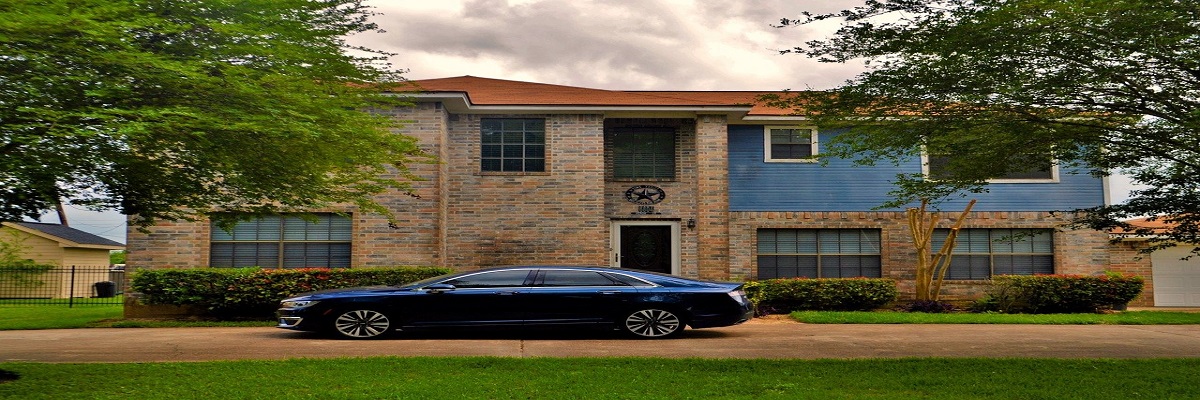Call: 888-297-6203
1) If Chapter 13 Bankruptcy is filed, can I keep my car, or do I have to give it off?
When filing for Chapter 13 Bankruptcy, you can keep all of your assets, including the nonexempt ones. A repayment plan is a set-up, and money is paid to the Chapter 13 trustee. Also, none of your property is sold off to pay back the creditors. Through the repayment plan, even if you have nonexempt equity on your car, you will have to pay your creditors (especially unsecured ones) an amount equal to your non-exempt equity.
2) How is a Car Loan paid in Chapter 13 Bankruptcy?
A repayment plan is created at the beginning of Chapter 13 Bankruptcy, in which you decide to pay off part or whole of your debts in a span of three to five years. Bankruptcy is enough to erase your liability on the car loan, but the lender still has an obligation on the vehicle, which means that the lender holds legal rights to own the car, if you default on your payments. So when you make your monthly payments to the bankruptcy trustee in your repayment plan, they send it to the car’s lender.
3) What happens if my car loan payments have already defaulted before bankruptcy?
Please know, once you file for bankruptcy, an automatic stay is imposed by the bank, which holds your lender back from trying to repossess your car or taking any other kind of action against you. The lender can also file a “proof of claim” showing how much in actuals the lender owes from you, including back payments, if any. If you object to the claim, and/or reduce the claim through a Cramdown, you have to pay the entire amount through your plan.
4) In chapter 13 is it possible to reduce the principal amount of the Car Loan to the car’s fair Market value?
Through the help of a car loan from Cramdown, you can reduce the principal amount of your car loan, and even the interest rate. But it happens only under certain conditions. If you do qualify for a cramdown, you can pay the lender only the value of your car through the Chapter 13 repayment plan. The remaining balance is erased at the end when you receive your bankruptcy discharge.
Be sure to consult with a good attorney so that you get proper advice on what and how to go forward with the entire thing.
You can also contact Recovery Law Group from Los Angeles & Dallas, TX for the Same.
Contact – (888-297-6203)

